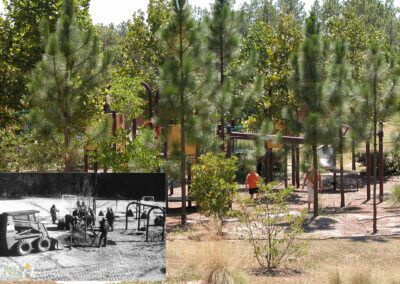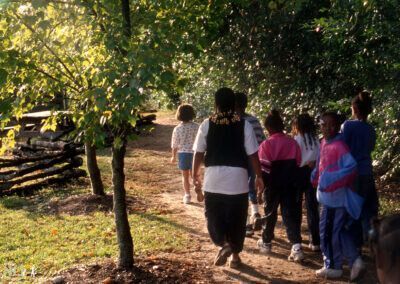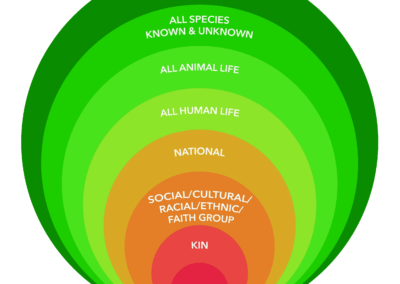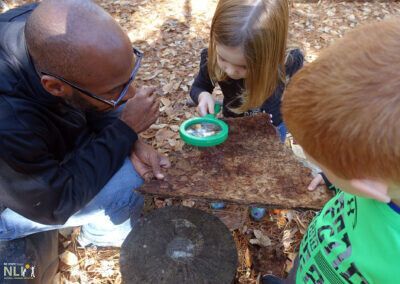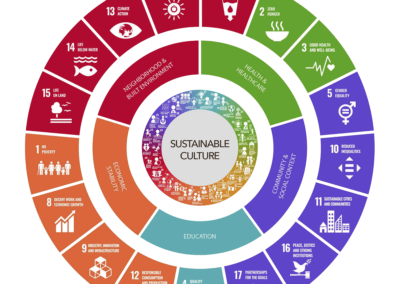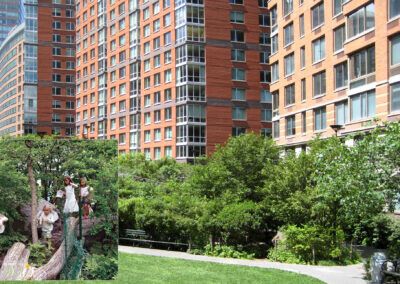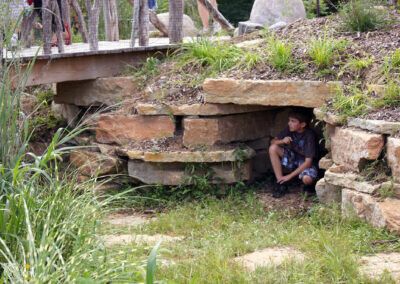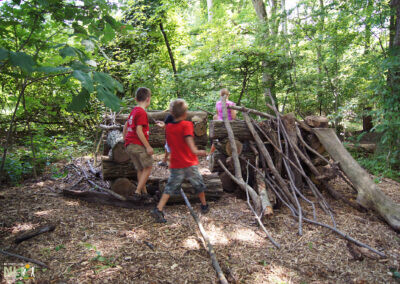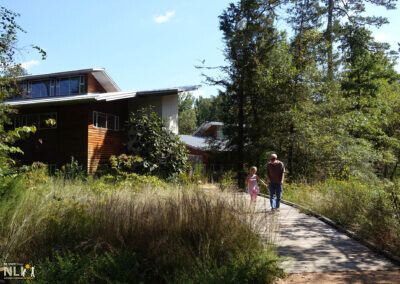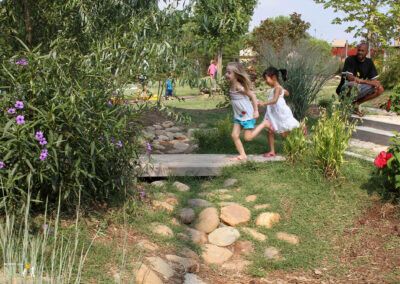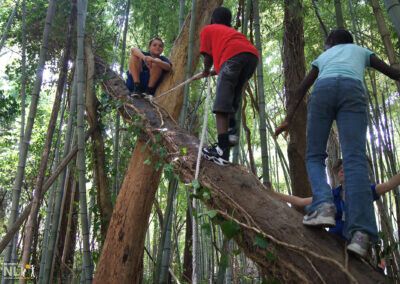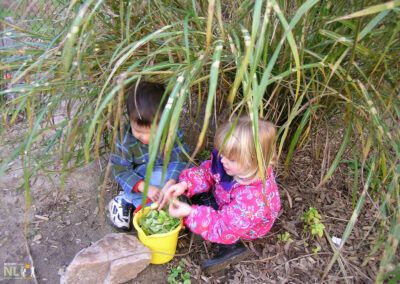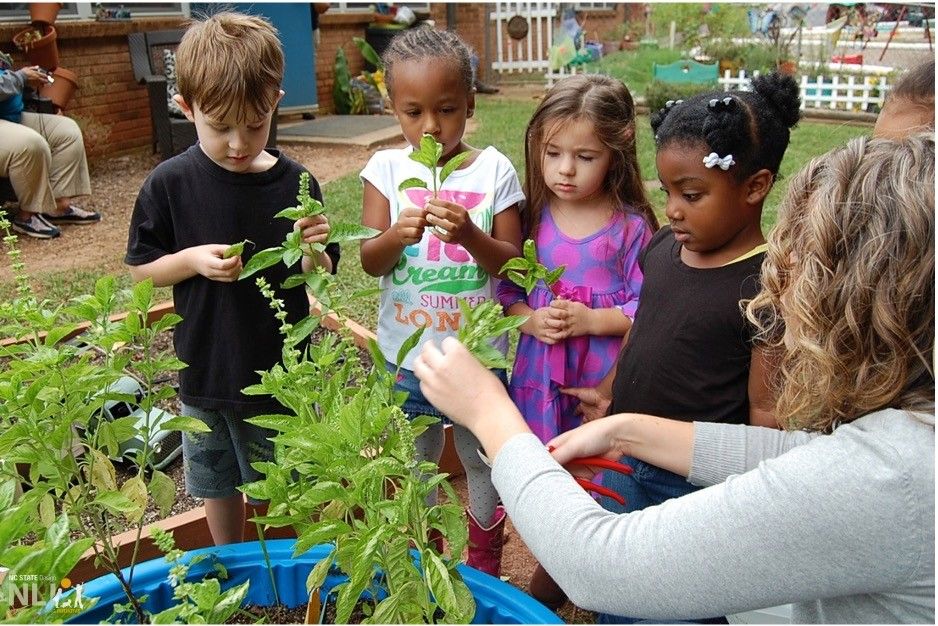Publications
Re-Naturing Urban Childhood
“Re-Naturing Urban Childhood: A Sustainable Development Strategy” looks back briefly to the European beginnings of nature conservation 450 years ago and the ever-changing construct of childhood and status of children to the present day, supported by the Convention on the Rights of the Child (CRC). In parallel, the evolution of international efforts focused on human dependency on the biological health of planet Earth are documented, beginning in the early 1970’s, including the Sustainable Development Goals (SDG), the Social Determinants of Health (SDOH), Nature-Based Solutions (NPS), the Millenium Ecosystem Assessment (MEA), and other policy advances. The critical question addressed is, how do these impressive, international advances frame the role of children, the young of Homo Sapiens, as actors with rights, as stated in the CRC, acting on their own behalf and the future health of planetary society? The chapter attempts to respond, with evidence-based support for engaging children with living nature, including an emerging recognition of the critical importance of early childhood (birth through 7 years) in the fight for sustainability. Children need to engage and learn with nature from toddlerhood through adulthood if they are going to become supporters of planetary health and beneficiaries of personal health. The growth of academic interest in children’s environments and the Natural Learning Initiative role in re-naturing children’s everyday spaces, with photographic examples, are noted. The chapter concludes with recognizing substantial advances in recent years in recognizing the need for high dosage children’s natural settings in everyday life, implementing them on the ground to facilitate childhood freedom and motivate nature play, learning, and education.
Re-Naturing Urban Childhood: A Sustainable Development Strategy. In Forests for Public Health, edited by Christos Gallis and Won Sop Shin. 2020. Cambridge Scholars Publishing.

